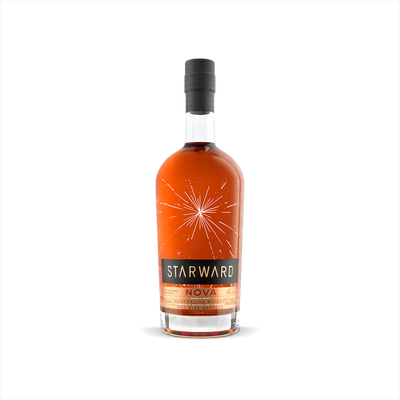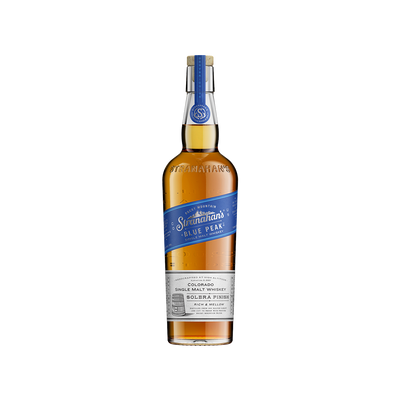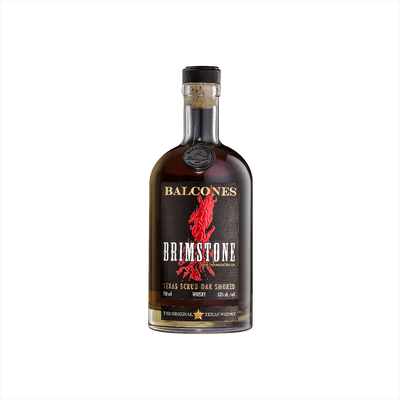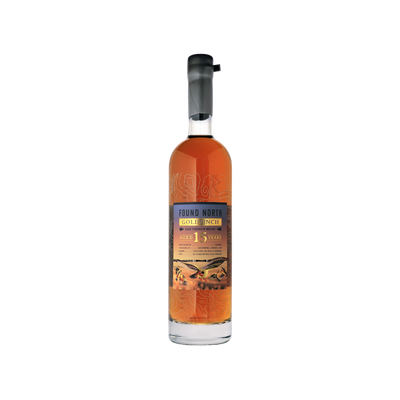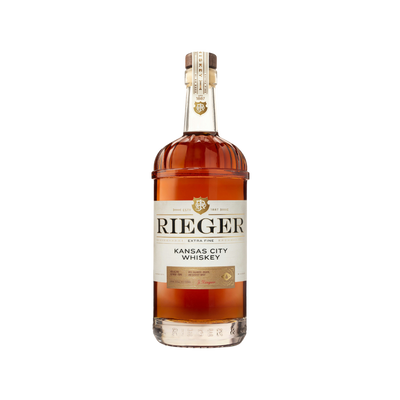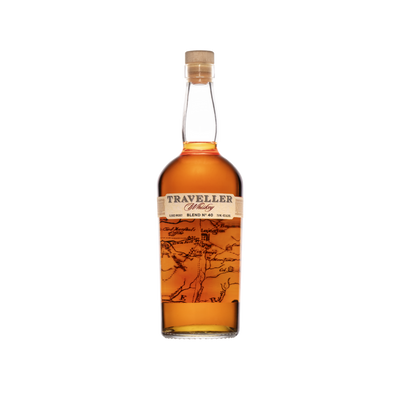Specialty Whiskey
What is Specialty Whiskey?
Specialty Whiskey represents a distinct category within Other Whiskey that encompasses unique expressions falling outside traditional classifications like bourbon, rye, or single malt Scotch. These whiskeys are defined by their experimental nature, unconventional ingredients, innovative aging techniques, or distinctive production methods that set them apart from standard whiskey categories. Think flavored whiskeys, unusual grain bills, alternative barrel finishes, or small-batch experiments that push the boundaries of what whiskey can be.
Learn More About Specialty Whiskey
What makes Specialty Whiskey unique?
Specialty whiskeys break free from traditional production rules and regulatory constraints that define standard whiskey categories, allowing distillers to experiment with unconventional grains, unique aging techniques, or innovative finishing methods. These expressions often push creative boundaries by incorporating unusual ingredients like quinoa or ancient grains, aging in non-traditional barrels such as tequila or wine casks, or employing experimental processes that wouldn't qualify for established whiskey designations. Unlike their regulated counterparts, specialty whiskeys give master distillers complete creative license to craft distinctive spirits that tell their own story without conforming to strict governmental standards or historical precedents.
How is Specialty Whiskey made?
Specialty whiskey production starts with the standard process of mashing grains, fermenting with yeast, and distilling, but then takes creative detours that set these spirits apart from traditional categories. Distillers might experiment with unusual grain bills like quinoa or buckwheat, age their whiskey in barrels that previously held wine, rum, or even maple syrup, or finish the spirit in containers made from different wood types like cherry or chestnut. Some producers also play with unique smoking methods, alternative yeast strains, or non-traditional proofing techniques to create flavors that push the boundaries of what whiskey can be.
How do you drink Specialty Whiskey?
Specialty whiskeys deserve the neat or rocks treatment to fully appreciate their unique characteristics and craftsmanship—think of them as liquid art pieces that showcase distinct terroir, unusual aging methods, or experimental grain bills. When you do mix them, stick to simple cocktails like an Old Fashioned or Whiskey Sour that won't mask their special qualities, though honestly, most specialty bottles are too precious and expensive to hide behind mixers. These exceptional spirits shine during contemplative moments—cool autumn evenings by the fireplace, intimate dinner parties where you want to impress guests, or those special occasions when you're celebrating a milestone and want something truly memorable in your glass.
How do I choose good Specialty Whiskey?
Start by identifying what makes the whiskey "specialty" – whether it's a unique mash bill, experimental aging, or unusual finishing techniques – then consider how those characteristics align with your palate preferences and intended use. If you're planning to mix cocktails, look for specialty whiskeys with bold, distinctive flavors that won't disappear behind other ingredients, like a high-rye bourbon or a peated American single malt. For sipping neat, focus on bottles where the specialty process enhances rather than masks the base spirit, and don't hesitate to ask for samples at well-stocked liquor stores since these bottles often carry premium price tags.
Nutritional Information
Typical Calorie Range per Ounce: 64-70 calories
Typical Carbohydrate Range per Ounce: 0-0.1 grams
Typical Sugar Range per Ounce: 0 grams
Typically Gluten Free: No
Most specialty whiskeys are produced from grains containing gluten, including wheat, barley, and rye. While the distillation process removes most proteins, some individuals with celiac disease or severe gluten sensitivity may still experience reactions. Always check the specific product label and manufacturer information to confirm gluten-free status, as some specialty whiskeys may use alternative grains or undergo additional processing that affects their gluten content.
Scrolled this far? Your reward? Specialty Whiskey Trivia!
- Japanese whisky makers sometimes use mizunara oak, a notoriously difficult wood to work with that splits and leaks during barrel-making. Master coopers often fail multiple times before successfully crafting a single barrel, but the payoff is enormous – mizunara imparts exotic sandalwood and coconut notes that you'll never find in American or European oak.
- A distillery in Tasmania ages their whisky in barrels buried underground in old gold mines, where the constant 55-degree temperature and complete darkness create aging conditions that don't exist anywhere else on Earth. The whisky develops incredibly smooth characteristics because temperature fluctuations – which normally drive whisky in and out of barrel wood – are virtually eliminated.
- Some American craft distilleries are using barrels made from trees struck by lightning, believing the electrical charge fundamentally alters the wood's cellular structure. While scientifically questionable, these "lightning barrels" command premium prices and create whisky with unexpectedly intense vanilla and caramel notes that traditional cooperage can't replicate.
- Iceland produces whisky using water filtered through 4,000-year-old lava rock and barley dried with sheep dung instead of peat. The sheep dung burns cleaner and cooler than peat, creating a subtle earthy smokiness without the medicinal bite that turns many people away from traditional Islay Scotches.
- A distillery in India ages their whisky at 4,000 feet altitude in the Himalayas, where the thin air and extreme temperature swings cause the barrels to breathe so dramatically that a 12-year-old whisky loses nearly 60% of its original volume – compared to just 20% loss in Scotland. What remains is incredibly concentrated and complex, making it some of the most expensive whisky per drop in the world.
Higher-proof spirits can be intense. Mix carefully, taste thoughtfully, and enjoy responsibly.
Gift message (optional)

